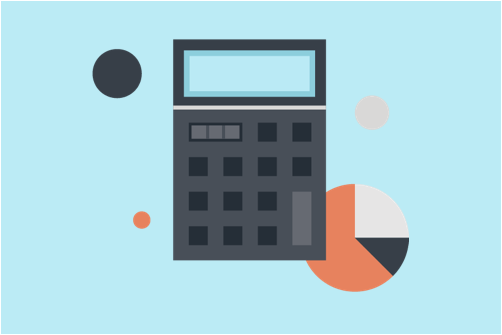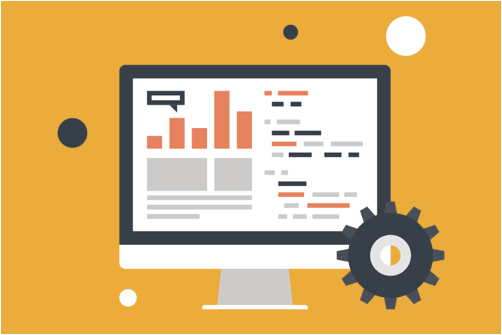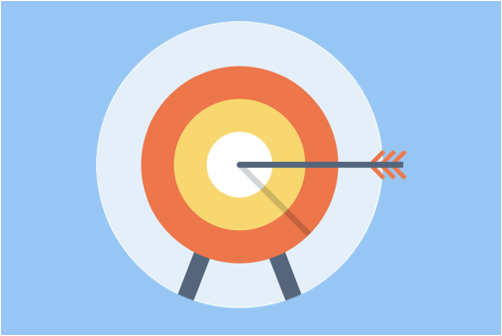Get to know the 401(k) plan
These plans are powerful tools for businesses. They provide many benefits to employees and employers.
Ask us anything
Everything you need to know about the 401(k) plan.
What is a 401(k) plan?
401(k) plans can be a powerful tool in promoting financial security in retirement. They are a valuable option for businesses considering a retirement plan, providing benefits to employees and their employers.
The advantages of establishing a 401(k) plan
A well-designed 401(k) plan helps attract and keep talented employees, while offering employers a tax deduction for contributions to employees account.
Why save with a 401(k) plan?
The biggest advantage of a 401(k) plan is that contributions are elective and can create a tax deduction. In addition, all income and gains from plan assets grow without being taxed.
Calculating 401(k) benefits—the power of tax deferral
A 401(k) is the best way to retire with real wealth because of the power of compounding interest. Investment gains are not taxed until distributed. Plan assets can be carried from one employer to another and contributions can be made easily through payroll deductions.
What are the types of 401(k) plans?
In general, a 401(k) is a feature of a qualified profit-sharing plan that allows employees to contribute a portion of their wages to individual accounts. But there are a number of different types of 401(k) plans.
What is the most popular 401(k) plan?
Safe Harbor 401(k) plans are very popular with business owners and plan participants alike. Its provisions have some very big benefits and few drawbacks.
What is a third-party administrator?
The third-party plan administrator (TPA) performs the most important functions in terms maximizing tax and retirement benefits for the plan’s business owner(s). The plan administrator is the person or entity responsible for the day-to-day plan operations and administration.
What is a 401(k) record-keeper?
The primary purpose of a record-keeper is to keep track of the plan money. Record keepers are also responsible for maintaining the accounting of plan contributions and what they have earned.
What is 401(k) plan testing?
Plan sponsors must test traditional 401(k) plans each year to ensure that the contributions made by and for rank-and-file employees (non-highly compensated employees (NHCE)) are proportional to contributions made for owners and managers (highly compensated employees (HCE)).
How do 401(k) plan contributions work?
In all 401(k) plans, participants can contribute through salary deductions and it is 100% elective. The employer can decide on the business’s contribution to participants’ accounts in the plan.










